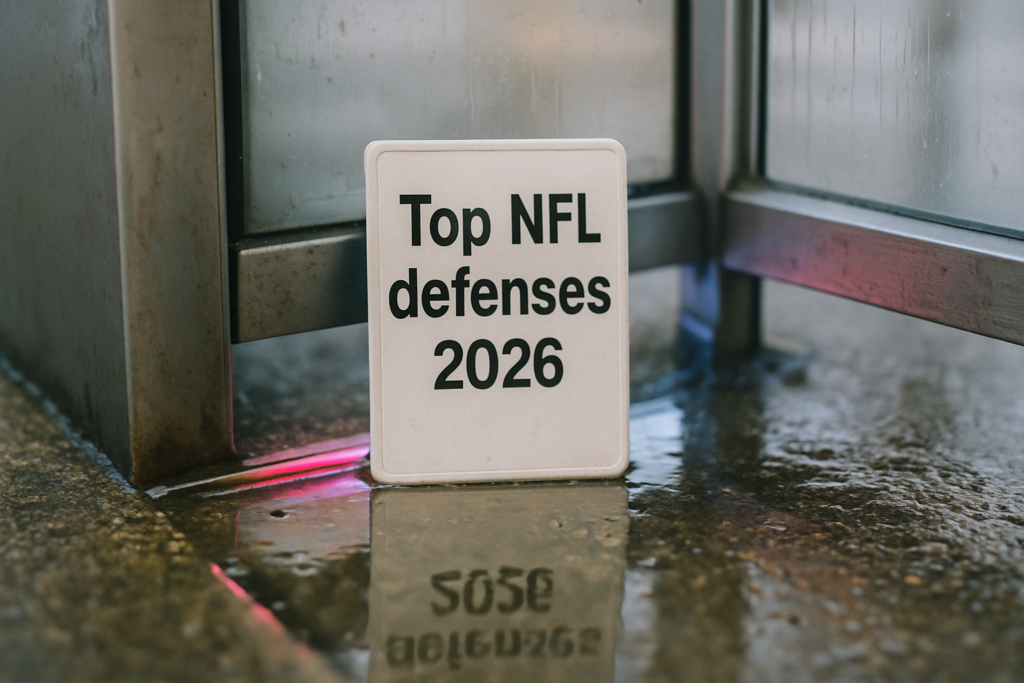What is 1mznwmfuzwf8240sl081?
This string serves as a placeholder or anonymized tag in various datasets and systems. It’s not some password you need to crack or a promo code to unlock, but rather a symbolic piece in systems where humanreadable names just won’t cut it. For example, companies running machine learning models often need to identify subjects, sessions, or devices without using actual names. That’s where labels like 1mznwmfuzwf8240sl081 come into play.
Why Use Random Identifiers?
Efficiency and security. You can’t rely on “JohnSmith123” when you’ve got thousands—or millions—of users. Unique strings eliminate collision (two IDs being the same) and make reverse engineering near impossible. Here’s what they bring to the table:
Anonymity: Protects user identity. Scalability: Works seamlessly across large systems. Security: Prevents trivial patterns and spoofing.
Think of these strings as the digital equivalent of burner phones—disposable and untraceable unless you’ve got a key.
Where You Might See It
You’ll come across identifiers like 1mznwmfuzwf8240sl081 in realworld contexts more often than you’d think:
API keys: Developers use similar formats to authenticate services. Database entries: Randomized primary keys or IDs prevent leakage of user count or activity trends. GitHub commit hashes: Short strings uniquely tied to changes in a codebase. Medical or legal anonymization: Keeping data private while still traceable for research or case management.
The goal is clarity for the machine and confusion for unintended eyes.
Pros and Cons of Random IDs
Let’s keep it real. Systems that rely on random strings instead of humanreadable tags come with upsides and drawbacks.
Pros
Harder to guess: Protects against bruteforce attacks. Futureproof naming: Avoids overlap in highvolume systems. Complianceready: Helps meet GDPR and other data privacy requirements.
Cons
Userunfriendly: If you ask someone to remember “1mznwmfuzwf8240sl081”, good luck. Debugging pain: Tracing issues in logs becomes trickier. No builtin meaning: Unlike semantic naming (e.g., Invoice_2024_June), these give no context.
Still, for systems prioritizing scale and security, it’s a tradeoff worth making.
Best Practices When Using Identifiers Like These
Using strings such as 1mznwmfuzwf8240sl081 effectively means following a few ground rules:
- Centralized generation: Use UUID libraries, random hash generators, or securely managed ID services.
- Log mapping: Store a reference table that maps them to something humans can understand.
- Avoid reuse: Never recycle old IDs, even if they’re no longer active.
- Keep them consistent across systems: Don’t rename halfway through an integration.
You want something unique, not chaotic.
Generating Your Own
There’s no need to handcraft strings character by character. Plenty of tools can do the heavy lifting:
UUID libraries: Built into most programming languages. SHA and MD5 hashes: Useful when you need deterministic results from inputs. Cloud ID management: AWS, Google Cloud, and others offer builtin services for this.
Don’t reinvent the wheel. Just make sure it’s random enough to roll under radar.
RealWorld Use Case: Anonymized Medical Records
Consider a hospital implementing a new patient analytics tool. Instead of using patient names or social security numbers, they assign anonymized IDs like 1mznwmfuzwf8240sl081. This lets researchers run studies without risking privacy breaches. Data remains tied to an ID only the internal system knows how to decode. Even if data leaks, it’s meaningless to outsiders.
This method is used everywhere from drug trials to insurance policy tracking, combining compliance and practicality in one random string.
When Random Isn’t Enough
Sometimes, you need both uniqueness and structure. That’s where “pseudorandom” rules kick in. Maybe you prefix an ID with ‘USR’ for users or ‘ORD’ for orders. Even then, the core remains unpredictable—just like 1mznwmfuzwf8240sl081. Structured randomness is the sweet spot for many systems: readable enough to work with, secure enough to keep private.
Conclusion
We live in an ocean of data, and navigating it means using GPS, not nicknames. That’s what identifiers like 1mznwmfuzwf8240sl081 offer—precision, anonymity, and scalability. Whether you’re building a backend system, managing research data, or just trying to keep things clean and compliant, these strings are more than digital gibberish. They’re the new standard in a world that values data integrity and privacy above all else.





